The United States Supreme Court (SCOTUS) heard arguments in the Dobbs v. Jackson Women's Health Organization, which challenges Mississippi's recently passed ban on abortions after only 15 weeks of gestation. The law violates Roe v. Wade, a historic SCOTUS decision that protected the right to abort a fetus until it is viable outside the womb.
By bringing this case before the Supreme Court, Mississippi is essentially asking the Court to overturn its own decision on abortion rights.
During arguments, Justice Sotomayor cited both Roe v. Wade and Planned Parenthood v. Casey—which reaffirmed Roe—noting overturning those decisions would impinge on Americans' right to privacy.
While the United States Constitution does not explicitly guarantee privacy, several Supreme Court decisions have interpreted it to do so implicitly. Several cases since Roe have also determined the government has to respect citizens' rights to make their own choices, especially when it involves personal, moral decisions that do not affect others—like abortion.
Justice Sotomayor noted overturning the Court's landmark decision in Roe v. Wade would open an opportunity to challenge other rights gained because of SCOTUS decisions, such as rights for LGBTQ+ individuals.
She noted the Court has:
"recognized them in terms of the religion parents will teach their children."
"We’ve recognized it in their ability to educate at home if they choose…."
"We have recognized that sense of privacy in people’s choices about whether to use contraception or not."
"We’ve recognized it in their right to choose who they’re going to marry."
After Sotomayor spoke, conservative Justice Amy Coney Barrett asked Scott Stewart, Mississippi's Solicitor General who was defending his state's anti-abortion law, whether the court deciding in favor of the law would affect the cases noted by Justice Sotomayor.
Stewart claimed they would not, because those cases had:
"clear rules that have engendered strong reliance interests and that have not produced negative consequences or all the many other negative stare decisis considerations we pointed out."
Stewart essentially claimed decisions decriminalizing gay sex and guaranteeing access to contraceptives haven't had a negative impact like Roe's guaranteed access to abortion has.
This answer prompted Justice Sotomayor to tersely challenge Stewart's words, telling him:
"I just think you’re dissimulating when you say that any ruling here wouldn’t have an effect on those."
Justice Sonia Sotomayor, a consistent supporter of abortion rights, grilled Mississippi's solicitor general, asking whether the institution of the Supreme Court would "survive the stench" of overturning Roe in what would appear to be a political act. https://t.co/sbHcIObnjQ
— The New York Times (@nytimes) December 1, 2021
There are plenty of people who rely on access to abortion, and there are also plenty of people who would claim gay sex, contraceptives and abortion are all harmful in an attempt to overturn their legality.
Twitter users seemed to largely agree as well.
THANK YOU, Justice Sotomayor for making it clear that the ruling sought by Mississippi lays the groundwork for future attacks on Griswald (birth control) and Lawrence/Obergefell (gay rights/marriage equality).
— GB (@regledujeu) December 1, 2021
Sotomayor, J, is of course exactly right. The Mississippi GOP made it VERY clear they were attacking abortion healthcare because there's now a 7 judge conservative majority on the supreme court who the GOP believes will back them.
— Matthew Cortland, JD (@mattbc) December 2, 2021
pic.twitter.com/dcbaPOJAJz
— Collette Christiano (@ColletteChris20) December 2, 2021
I just love how a man is trying to fight this fight. He has never been pregnant. He has never had to make such decisions. He has never had to live with the consequences. I believe every women has the right to choose.
— Kelleen Reed (@ReedKelleen) December 1, 2021
THANK YOU, JUSTICE SOTOMAYOR!! We're the only country in the world trying to move backwards on every issue.
— Patti (@bonmemes3) December 1, 2021
As am I. My favorite Supreme Court Justice after the Notorious RBG! ⚖️😎⚖️😎
— Renee' Sinclair (@rthornton21595) December 1, 2021
How do I begin to unpack how deeply disturbed I was by yesterday’s Supreme Court arguments?
Justice Sotomayor spoke for so many of us with this question. She spoke for me. ⁰⁰In September, I had a miscarriage requiring an emergency abortion procedure —
(tw // miscarriage) https://t.co/Bn1HozwZ3H
— Buffy Wicks (@BuffyWicks) December 3, 2021
Y'all. Justice Sotomayor can count votes. She knows where this is headed... either viability is gone or Roe is gone.
Her questions are for the public... to let us know that abortion isn't the end. It's just beginning of the unraveling of these other rights of intimate life.
— Melissa Murray (@ProfMMurray) December 1, 2021
Justice Sotomayor questions whether the Court can survive the “stench” of politicization if it overrules Roe & Casey.
— Joyce Alene (@JoyceWhiteVance) December 1, 2021
Sotomayor: “the issue of when life begins has been hotly debated by philosophers, and it’s still debated by religions. That’s a religions issue, isn’t it?” DING DING DING
In Judaism, the fetus is regarded as part of the pregnant person’s body until birth. This is a 1A issue.
— Rabbi Danya Ruttenberg (@TheRaDR) December 1, 2021
Justice Sotomayor is right. The precedent on Roe is clear. The facts and law have not changed, only the composition of the Supreme Court. For the Court to now go against its precedent would only deepen the undeniable “stench” the Court That Dark Money Built cast upon itself. https://t.co/iR65wFzIB8
— Sheldon Whitehouse (@SenWhitehouse) December 1, 2021
Lambda Legal's Sharon McGowen seems to agree with Justice Sotomayor as well, telling Bloomberg hard-won victories like Lawrence v. Texas—which legalized gay sex in all states—and Obergefell v. Hodges—which legalized marriage equality:
"were built on the foundation of Roe and Casey and the Court’s other reproductive rights cases."

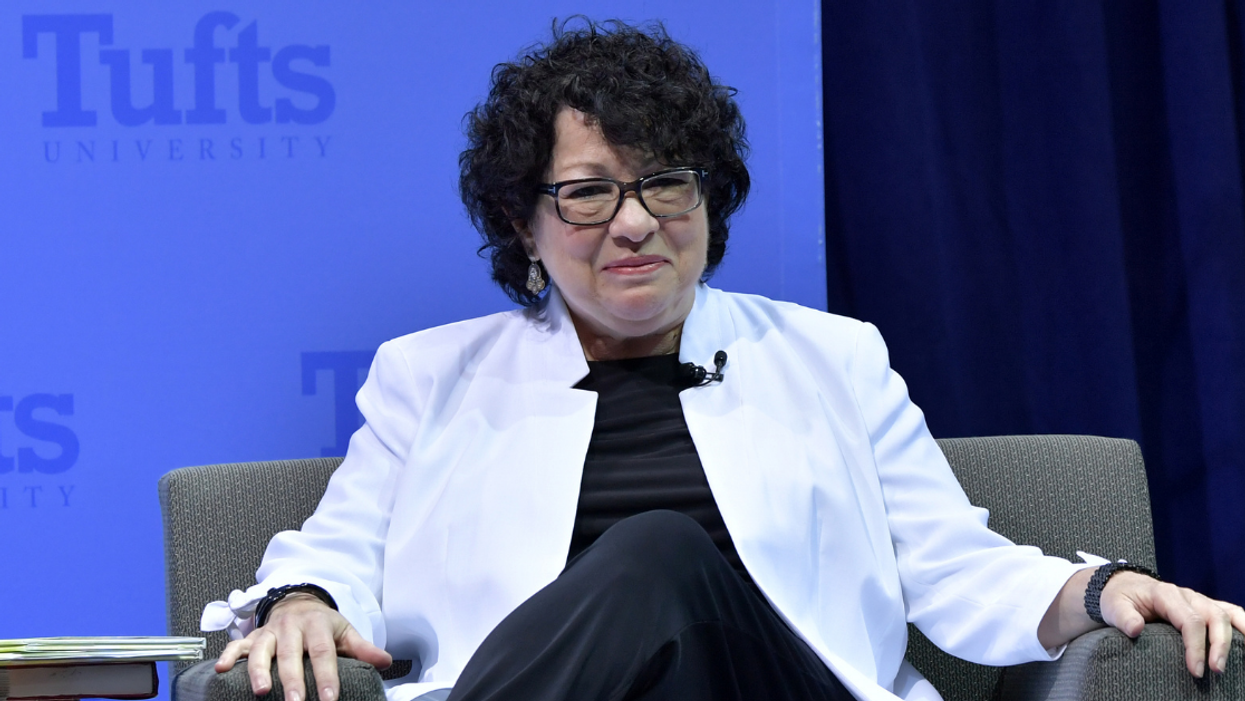


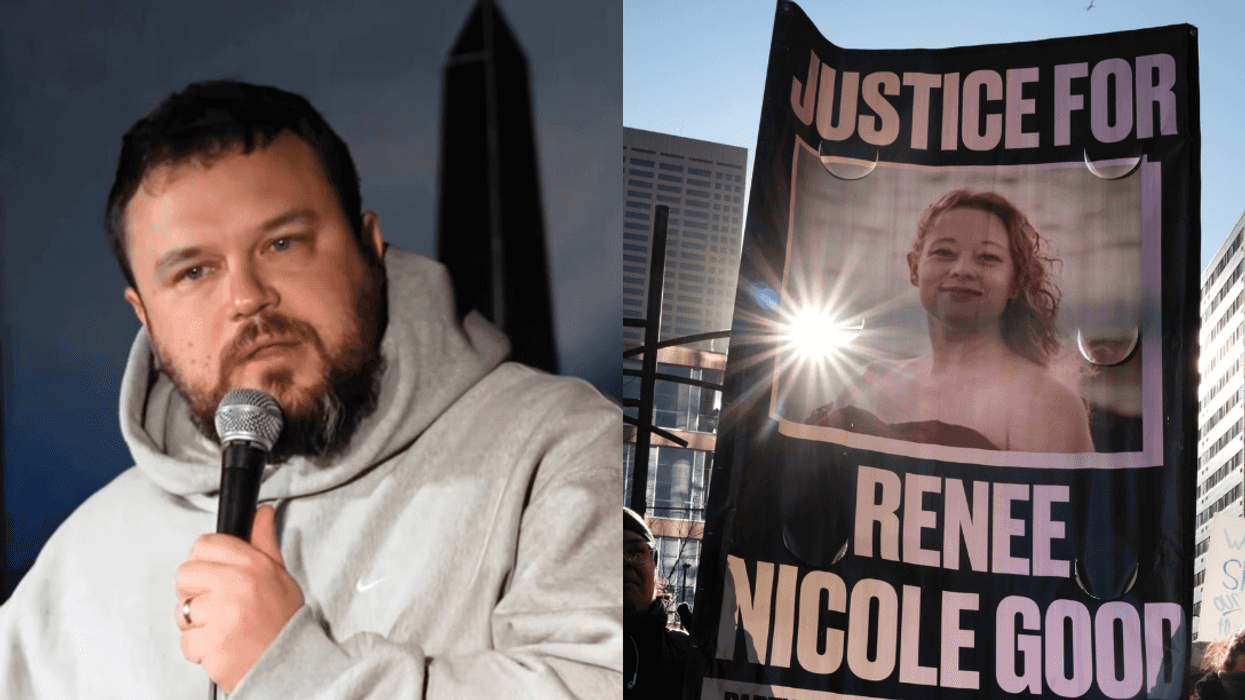
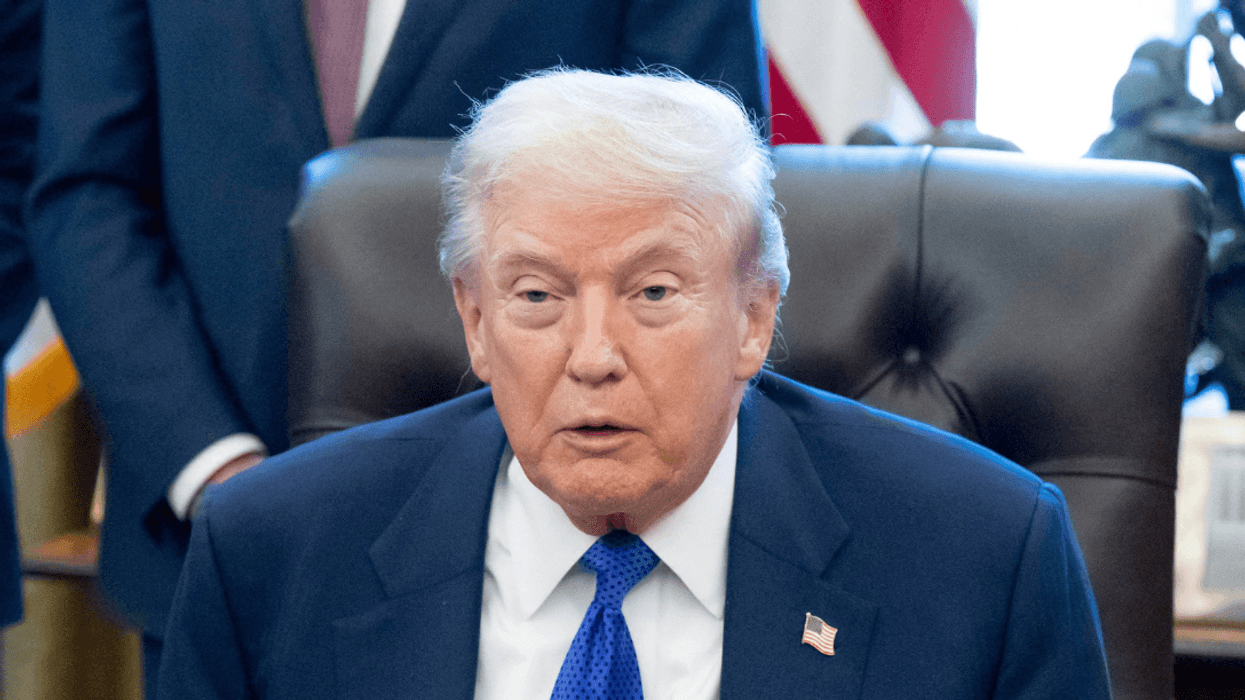



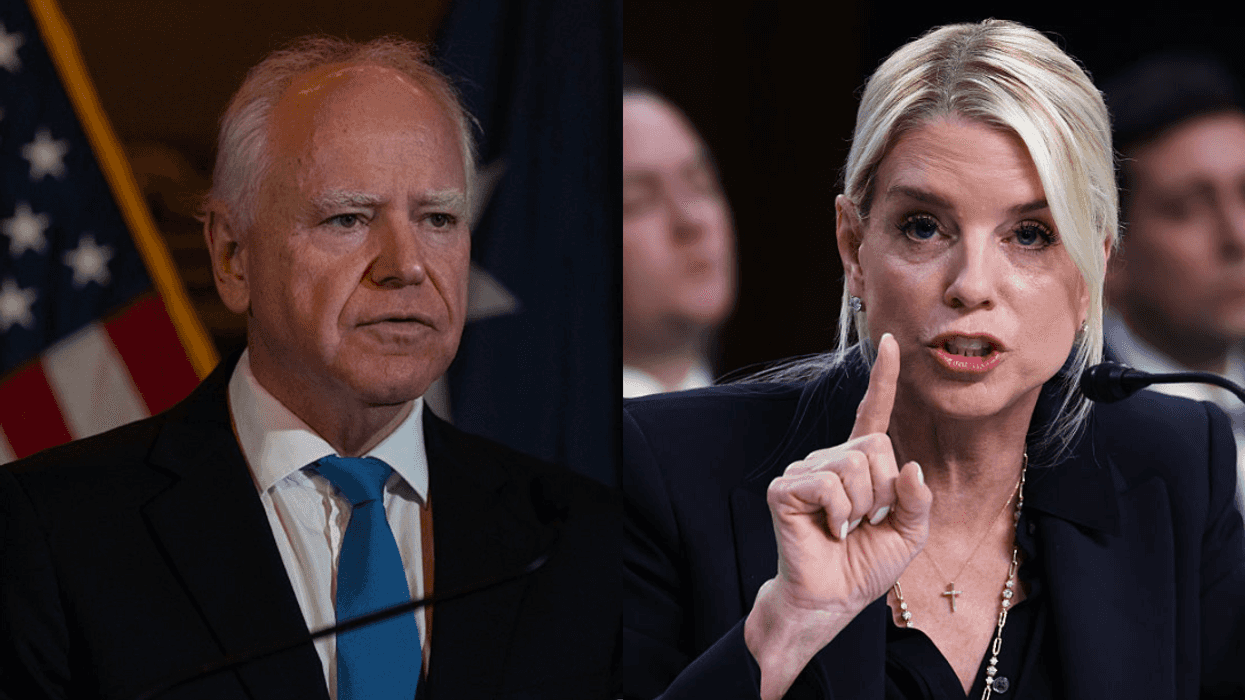




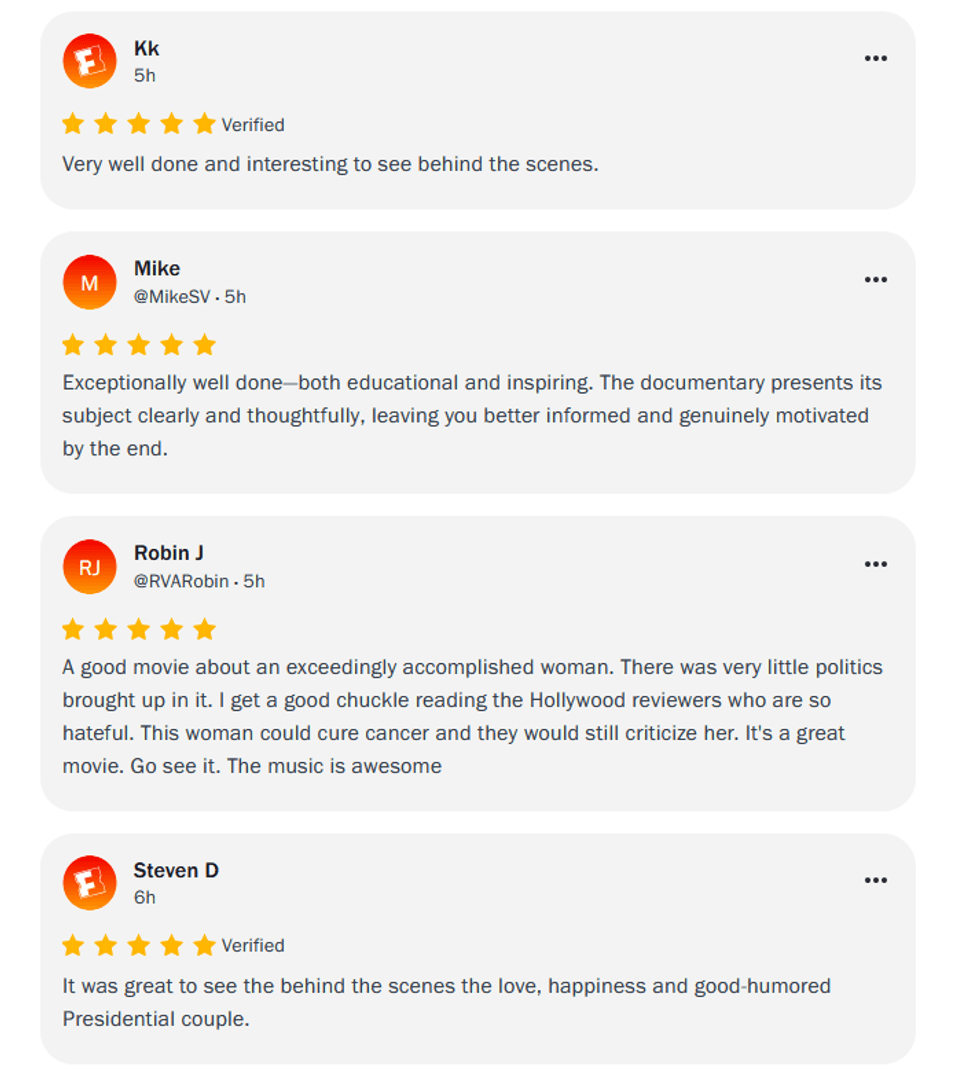 @obamaatredrobin/X
@obamaatredrobin/X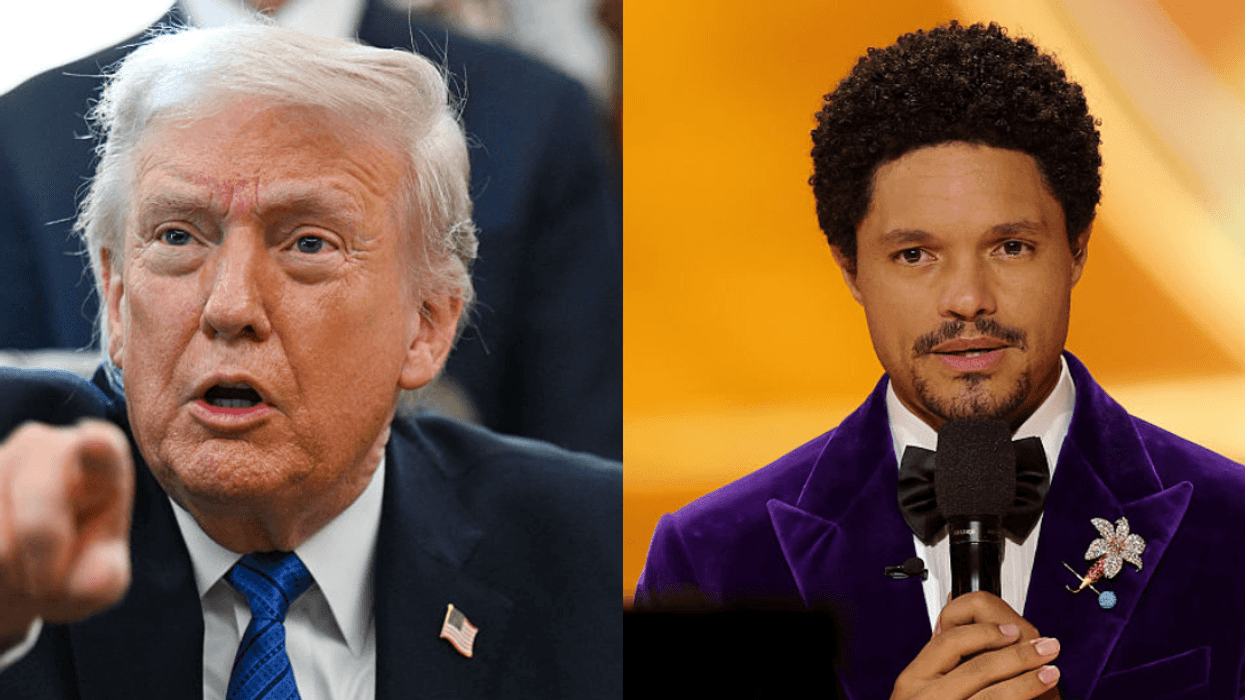
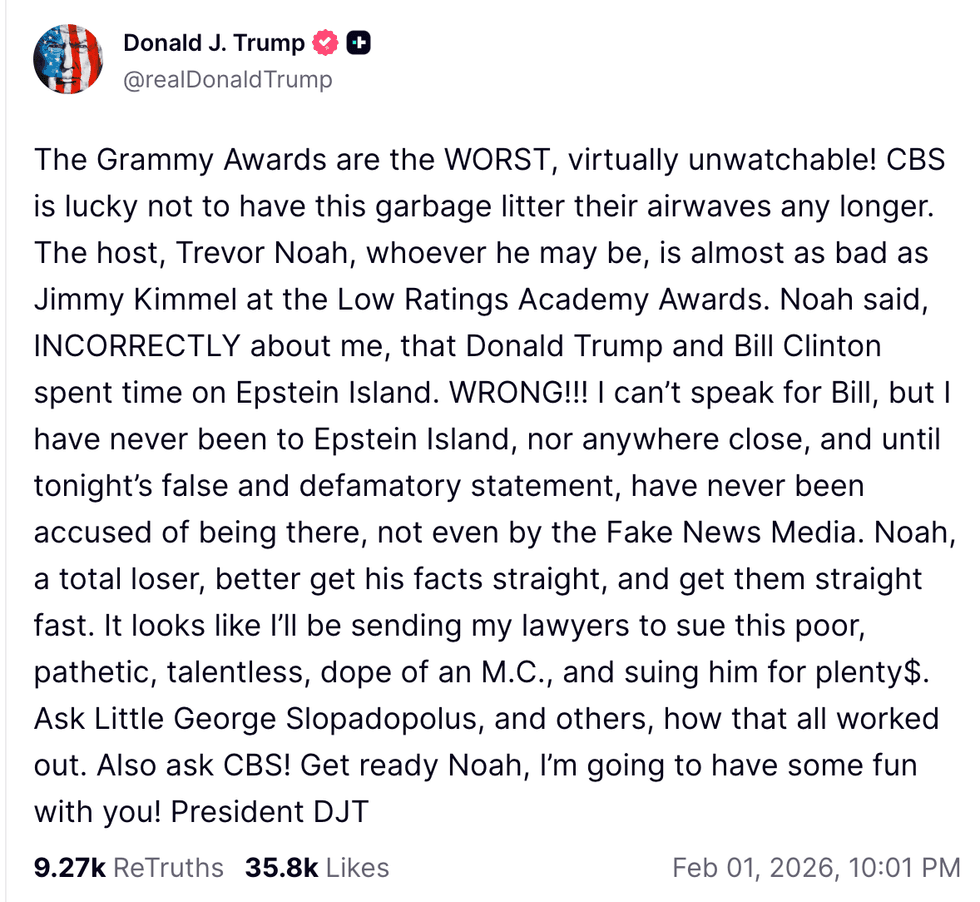 @realDonaldTrump/Truth Social
@realDonaldTrump/Truth Social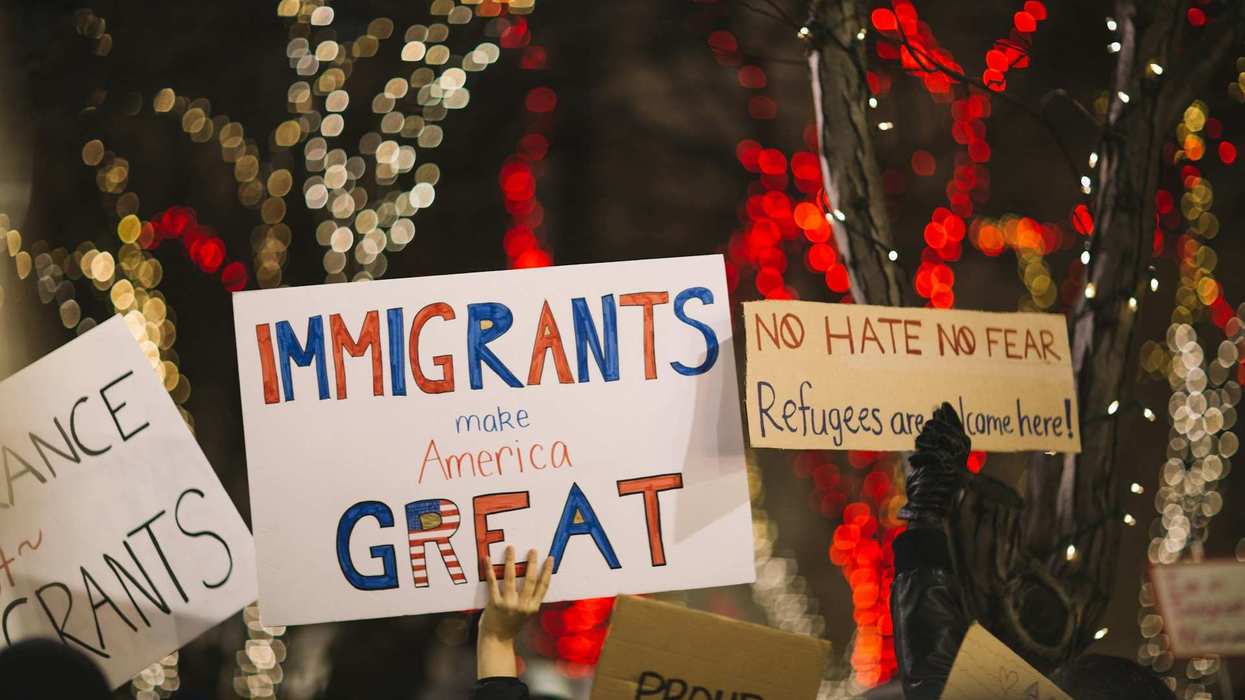

 @.a.zan/TikTok
@.a.zan/TikTok @.a.zan/TikTok
@.a.zan/TikTok @.a.zan/TikTok
@.a.zan/TikTok @.a.zan/TikTok
@.a.zan/TikTok @.a.zan/TikTok
@.a.zan/TikTok @.a.zan/TikTok
@.a.zan/TikTok @.a.zan/TikTok
@.a.zan/TikTok @.a.zan/TikTok
@.a.zan/TikTok @.a.zan/TikTok
@.a.zan/TikTok @.a.zan/TikTok
@.a.zan/TikTok @.a.zan/TikTok
@.a.zan/TikTok @.a.zan/TikTok
@.a.zan/TikTok @.a.zan/TikTok
@.a.zan/TikTok @.a.zan/TikTok
@.a.zan/TikTok @.a.zan/TikTok
@.a.zan/TikTok